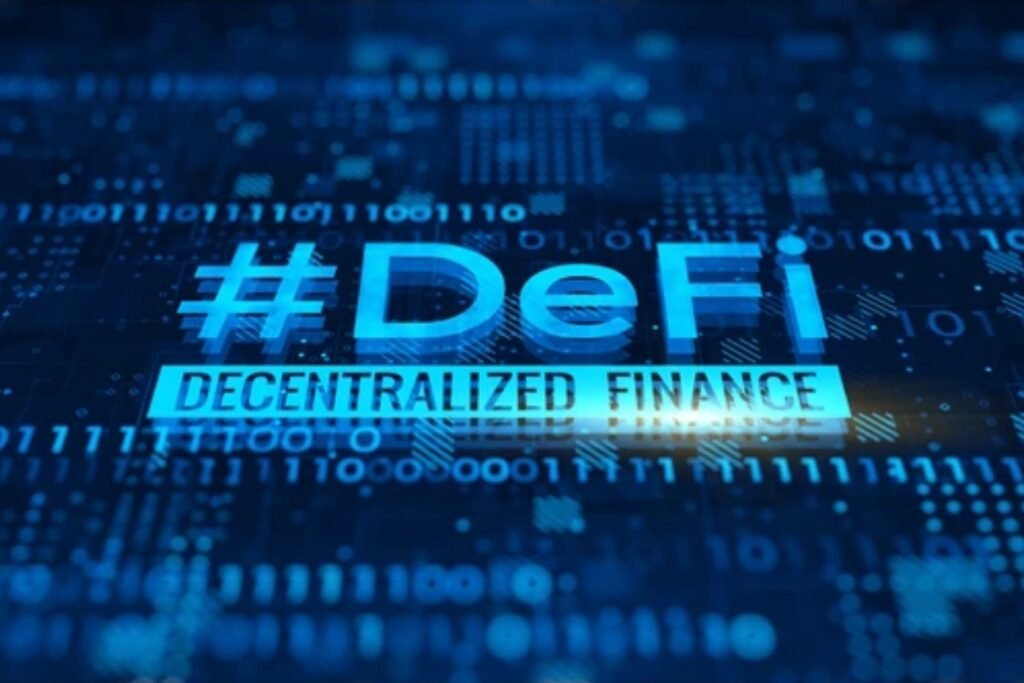⚠︎ Disclaimer: Cryptocurrency is a high-risk asset class. This content is for informational purposes only and does not constitute financial or investment advice. You may lose all of your capital. KoinGuide may earn a commission if you visit or sign up with a recommended provider via our affiliate links—at no additional cost to you. All recommendations are based on our independent reviews and evaluation process.
DeFi: What Is Decentralized Finance and Why It Matters

Decentralized Finance (DeFi) refers to financial services built on blockchain technology that operate without traditional intermediaries like banks or brokers.
Key Point: DeFi aims to recreate traditional financial systems with greater accessibility, transparency, and user control through smart contracts.


